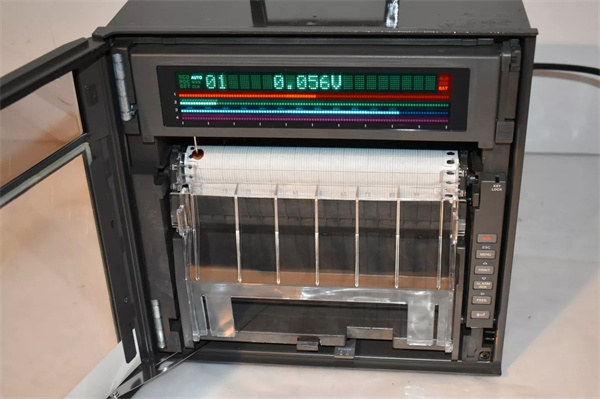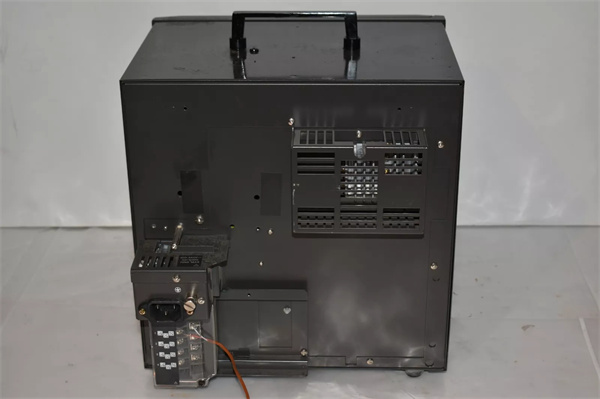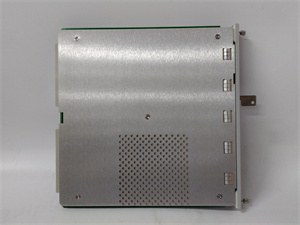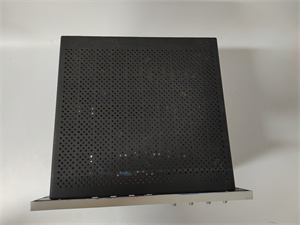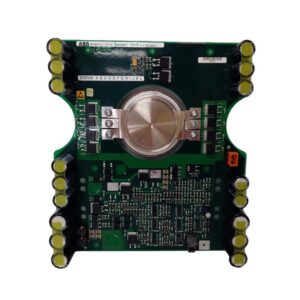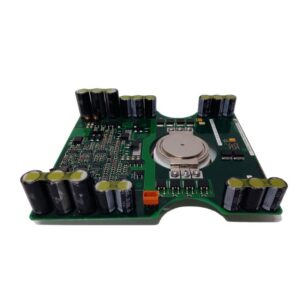Description
1. Product Description
The UR1800 is a compact remote I/O unit with a modular design, enabling scalable deployment in distributed control architectures. It operates on a 24 V DC power supply and features dual redundant communication interfaces (e.g., Profibus DP V1) for reliable data transmission. With a lightweight construction (0.5 kg) and IP65/IP66 protection, the unit withstands dust, moisture, and extreme temperatures (-40°C to 70°C). Key functions include digital/analog I/O processing, protocol conversion, and real-time diagnostics. The UR1800 integrates with Yokogawa’s fieldbus modules (e.g., ADM14, ADM54) for analog/digital signal conditioning, ensuring compatibility with sensors, actuators, and legacy systems.
2. Technical Parameters
| Parameter | Specification |
|---|---|
| Product Type | Remote I/O Unit (Modular, Rack-Mount/Panel-Mount) |
| Power Supply | 24 V DC (-15% to +20%), redundant option available |
| Communication | Profibus DP V1 (12 Mbps), Modbus RTU (RS-485), Ethernet/IP (optional) |
| I/O Capacity | Up to 16 modules per unit (e.g., 16x digital input/output, 8x analog input/output) |
| Compatibility | Yokogawa Centum VP, ProSafe-RS; third-party devices via standard protocols |
| Environmental Ratings | IP65/IP66 (front panel), -40°C to 70°C (operation), 5–95% RH (non-condensing) |
| Dimensions | 120 mm (W) x 150 mm (H) x 100 mm (D) |
| Weight | 0.5 kg (unit only); 1.2 kg (with modules) |
| MTBF | >500,000 hours (at 40°C, according to Yokogawa reliability tests) |
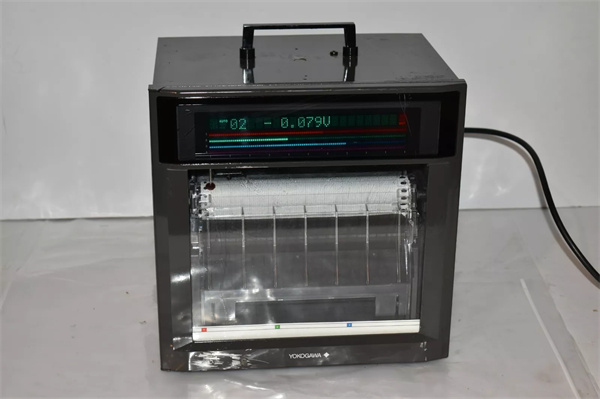
UR1800
3. Advantages and Characteristics
- Modular Scalability: Supports up to 16 I/O modules (e.g., ADM14 analog input, DXM14 digital output) for customized configurations.
- Rugged Design: IP65/IP66 protection and wide temperature range (-40°C to 70°C) for outdoor/harsh environments.
- Redundant Architecture: Optional dual power supply and communication links (e.g., Profibus DP redundancy) for zero downtime.
- Real-Time Diagnostics: Built-in LED indicators and remote monitoring via Yokogawa’s ProSafe-RS software for predictive maintenance.
- Energy Efficiency: Low power consumption (≤5 W idle, ≤15 W 满载) with sleep mode for standby operations.
4. Application Areas and Cases
- Industries: Manufacturing (assembly lines), energy (wind/solar farms), water treatment, and oil & gas (pipeline monitoring).
- Scenarios: Remote data acquisition, distributed control in hazardous zones, and machine-to-machine (M2M) communication.
- Case Study: A solar farm in Australia deployed 50 UR1800 units with ADM14 analog modules to monitor 1,000+ solar panels. The units’ IP66 protection and -40°C to 70°C tolerance ensured 99.8% uptime over 2 years, reducing maintenance costs by 30%.
5. Competitor Comparison
Compared to similar remote I/O units, the UR1800 offers superior environmental ratings (IP66 vs. typical IP65) and native support for Yokogawa’s DCS ecosystems, minimizing integration complexity. Its modular density (16 modules/unit) exceeds most competitors (8–12 modules/unit), while redundant communication (Profibus DP V1 redundancy) is standard—features often optional in 竞品.
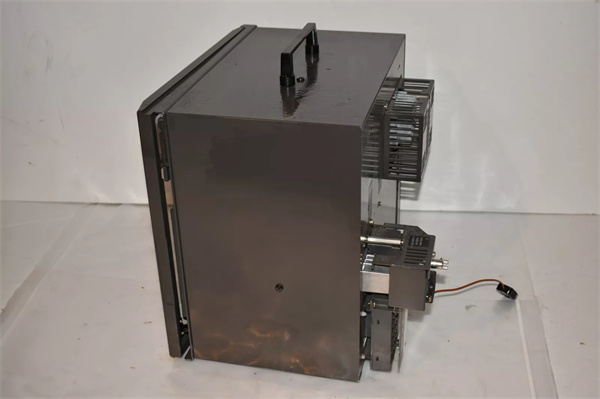
YOKOGAWA UR1800
6. Selection Recommendations
- Protocol Needs: Choose Profibus DP, Modbus RTU, or Ethernet/IP variants based on existing infrastructure.
- Environment: Opt for IP66 models for outdoor use; verify temperature range (-40°C to 70°C) for extreme climates.
- I/O Density: Plan module count (e.g., 8x analog + 8x digital) and chassis size (120 mm width) for space-constrained sites.
- Redundancy: Enable dual power supply and communication links for critical applications (e.g., oil refineries).
7. Precautions
- Installation: Ensure proper grounding and cable shielding (e.g., Profibus shielded twisted pair).
- Module Compatibility: Use only Yokogawa-approved I/O modules (e.g., DXM14, ADM54) to maintain warranty and performance.
- Temperature Management: Avoid stacking units in enclosed spaces; ensure adequate ventilation for 70°C operation.
- Redundancy Testing: Regularly validate communication failover (e.g., Profibus DP redundancy) and power supply switching.



